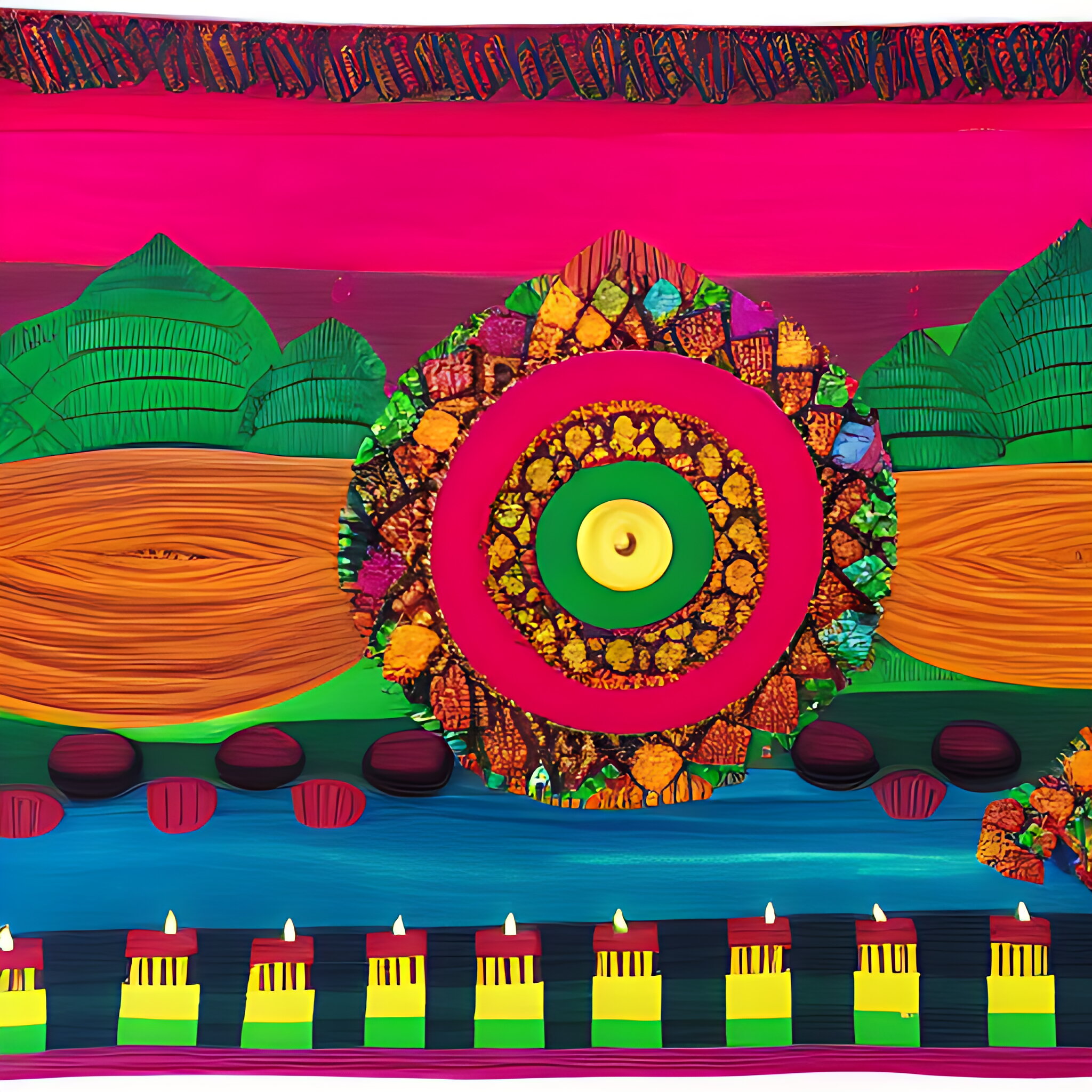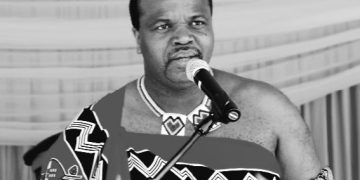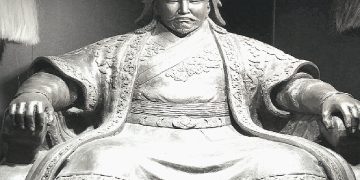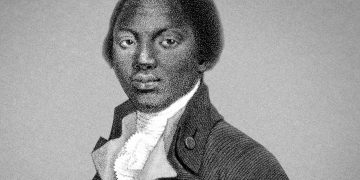Kwanzaa, a week-long celebration observed from December 26th to January 1st, is a cultural holiday that honors African heritage and promotes unity within the African diaspora. Created in 1966 by Dr. Maulana Karenga, a professor and activist, Kwanzaa has become a significant event for millions of people around the world.
Derived from the Swahili phrase “matunda ya kwanza,” which means “first fruits,” Kwanzaa is based on African harvest festivals and traditional African values. It is not a religious holiday but rather a cultural one that embraces the principles of unity, self-determination, collective work and responsibility, cooperative economics, purpose, creativity, and faith.

During Kwanzaa, families and communities come together to celebrate and honor their African roots. The holiday is marked by various rituals and customs, each carrying its own significance. One of the central elements of Kwanzaa is the Kinara, a candleholder that holds seven candles representing the Seven Principles or Nguzo Saba.
Each day of Kwanzaa, a candle is lit, and one of the principles is discussed and reflected upon. The Seven Principles are Umoja (Unity), Kujichagulia (Self-Determination), Ujima (Collective Work and Responsibility), Ujamaa (Cooperative Economics), Nia (Purpose), Kuumba (Creativity), and Imani (Faith). These principles serve as guiding values for individuals and communities to strive for throughout the year.
Another important symbol of Kwanzaa is the Mkeka, a straw or fabric mat that represents the foundation upon which African culture is built. It symbolizes the importance of history and heritage in shaping one’s identity. The Mkeka is often adorned with various symbols and decorations that reflect African culture and traditions.
Gift-giving is also a significant aspect of Kwanzaa. However, unlike other holidays, the focus is not on commercialism but on giving meaningful and educational gifts that promote African culture and values. Handmade crafts, books, music, and artwork are common gifts exchanged during this time.
Kwanzaa celebrations often include music, dance, storytelling, poetry, and African-inspired cuisine. Families and communities gather for feasts, known as Karamu, where traditional African dishes are shared. These gatherings provide an opportunity for people to connect, share their stories, and strengthen their sense of community.
Kwanzaa serves as a reminder of the rich and diverse heritage of African people and encourages individuals to embrace their cultural identity. It is a time for reflection, renewal, and recommitment to the principles of unity, self-determination, and collective responsibility.
In a world often plagued by division and inequality, Kwanzaa offers a powerful message of unity and empowerment. It reminds us of the importance of coming together as a community and working towards a better future for all. By celebrating Kwanzaa, we honor the past, celebrate the present, and inspire hope for a brighter tomorrow.












